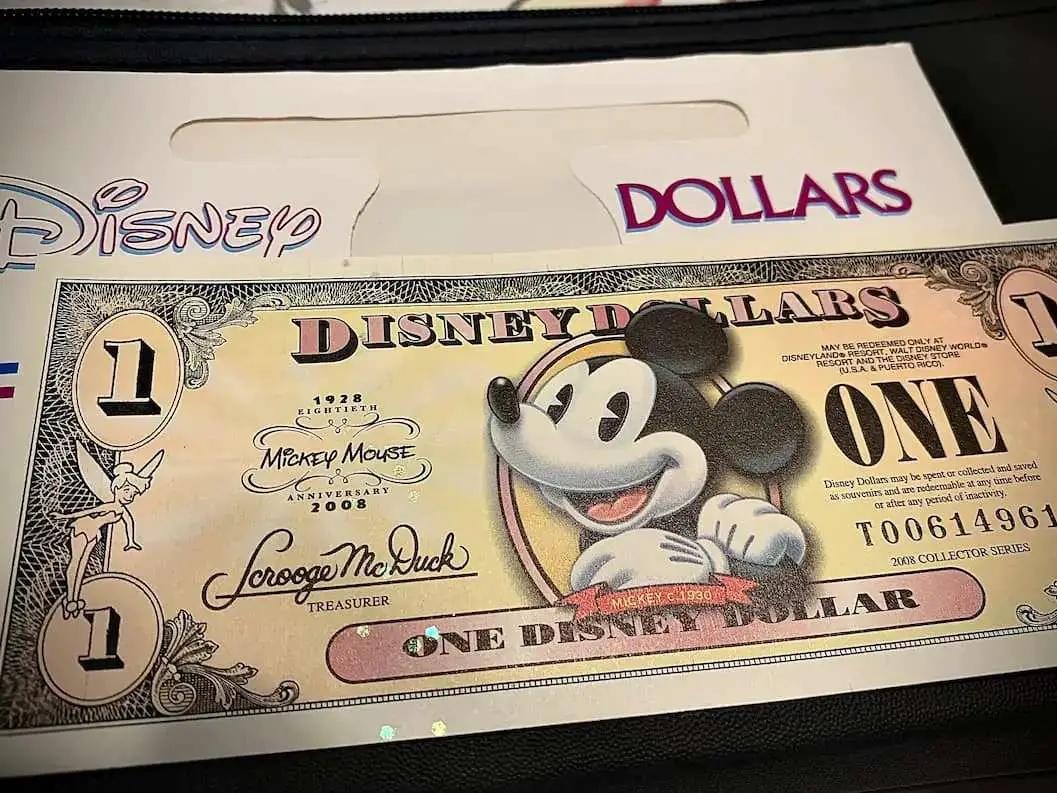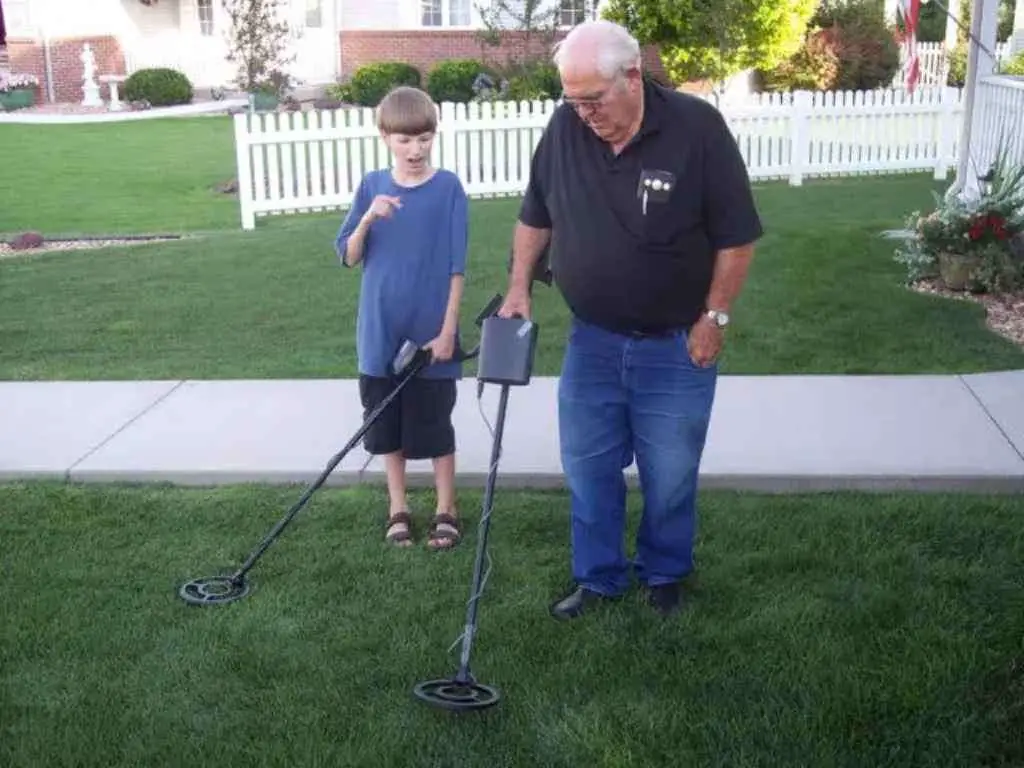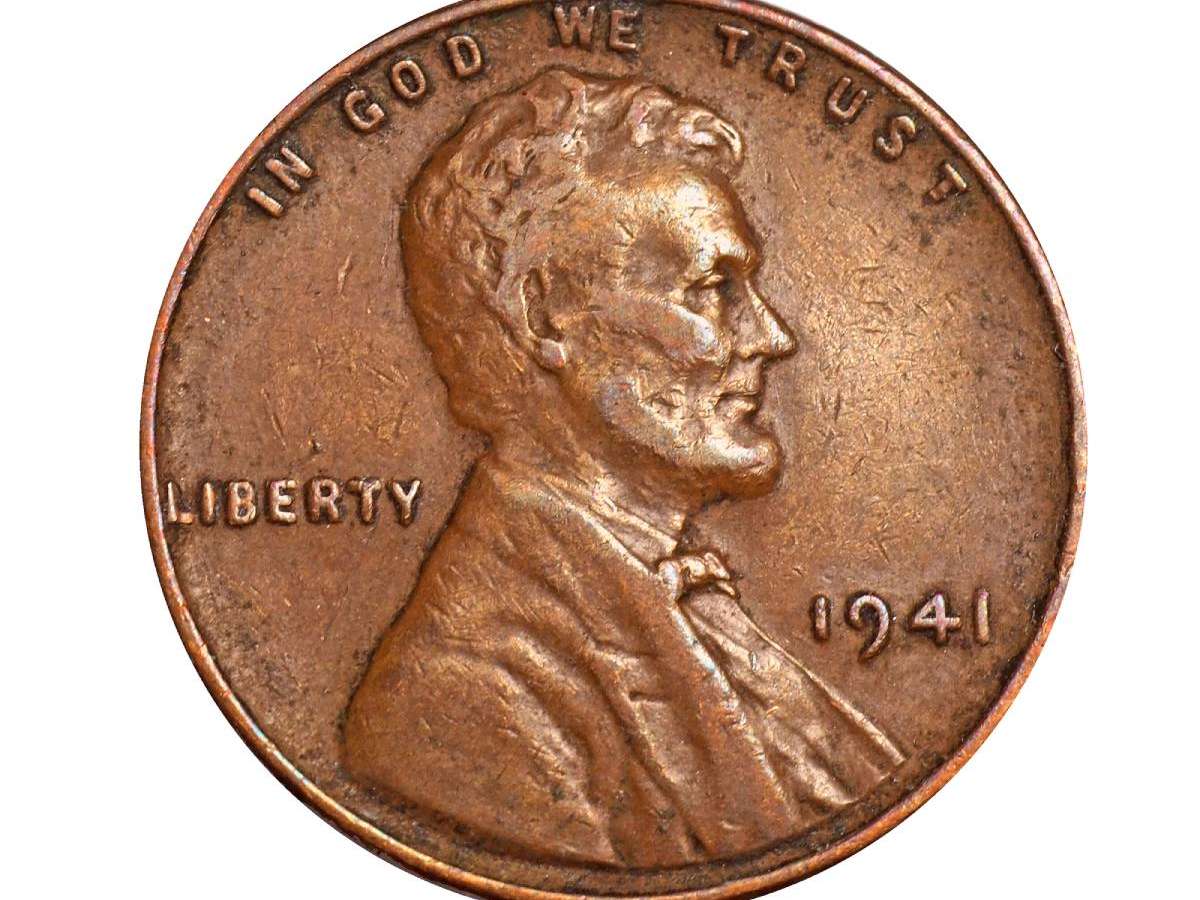Buying rolls of coins to search through looking for valuable old coins, silver coins, rare coins, and error coins is one of the most affordable ways a collector can build their collection.
You’re probably wondering how to buy rolls of coins. Right?
Can you buy rolls of coins at the bank?
Where are the best places to get coin rolls?
In this article, you will learn all of my favorite ways to get rolls of coins for roll searching.
I bet there are a few places on this list you haven’t thought of!
Why Buy Rolls Of Coins Anyway?
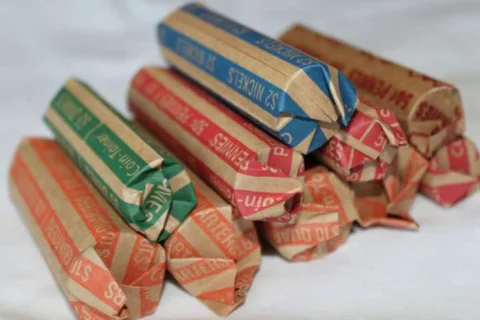
Before we get into the wheres and hows of buying rolls of coins, let’s get into the whats…
What is the reason you might want to buy rolls of coins?
I can think of 3 good reasons:
#1 – To obtain old coins for your collection (older coins tend to have higher values).
Coin roll searching is a great way to find valuable coins for your coin collection!
I thoroughly enjoy looking through bank rolls for valuable coins and other interesting pieces… and I do it quite often. I’ve found many old, rare, and valuable coins in rolls of coins.
So if you’re looking for a budget-friendly way to add coins to your collection, then coin roll searching is for you.
It’s possible to find these valuable coins inside rolls today:
- Errors and varieties
- Silver coins
- Indian Head pennies
- Lincoln wheat pennies
- Buffalo nickels
- Jefferson wartime nickels
- Other pre-1960 Jefferson nickels
- 90% silver coins
Here’s a summary of my experiences with coin roll hunting, plus a list of coins you should be looking for in bank rolls.
#2 – To score multiple versions of the same type of coin for your collection.
Here’s what I mean…
Let’s say you’re wanting to fill a coin album or coin folder. Buying rolls of coins can help you achieve that goal more quickly.
For example, if you’re working on a Lincoln penny folder, you might buy several rolls of pennies to search for the dates you need to fill your folder.
#3 – To make change with other people at events.
There are actually plenty of reasons that someone who isn’t collecting coins might need to buy coin rolls…
For one, maybe you’re having a yard sale or hosting a fundraiser. Having loose change on hand might enable you to close the deal on a sale.
Or, if you happen to operate a store of some kind, then having coin rolls on hand would ensure that you have plenty of coins on hand for making change.
Okay, now let’s talk about where to buy coin rolls…
Where To Buy Rolls Of Coins
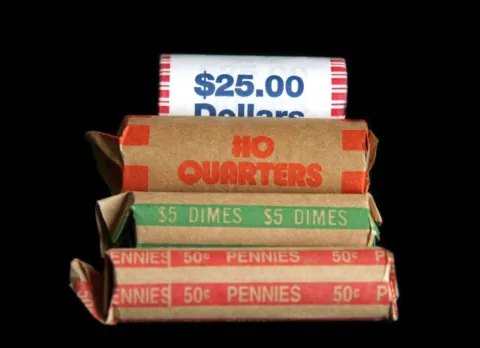
Before buying rolls of coins, you’ll first have to determine what kind(s) of coin rolls you’re looking for.
If you want to buy rolls of vintage or silver coins (such as a roll guaranteed to contain only wheat pennies or only pre-1965 silver dimes)…
You will have to get those from a coin dealer.
Bear in mind that rolls of classic coins, junk silver, or other numismatic items will cost more than the face value of the coin roll.
Here’s how to find a coin dealer near you. Also, what you need to know before buying coins from a coin dealer.
If you simply want regular rolls of coins that cost just the face value of the coins within (for the sake of making change or searching for valuable coins)…
You’ve got many more options!
Following are all of the places that you can buy coin rolls.
Places That Sell Coin Rolls To The Pubic
Here’s a list of places where anyone can buy rolls of coins:
- Financial institutions (such as banks and credit unions)
- Grocery stores
- Big-box department stores that offer financial services
- Cash-advance stores / check-cashing stores
- Drugstores and pharmacies
- Motels/hotels that have on-site laundry services and coin-operated machinery
Places That Sell Coin Rolls To Collectors
In addition to the banks, grocery stores, and the other businesses listed above, you can also buy coin rolls (particularly rolls of vintage coins) at the following places:
- Coin shops
- Bullion dealers
- Jewelry stores that sell coins
- Coin shows
- Estate sales
- Yard sales
- Antique shops
- Collectibles stores
- Flea markets
- Online auctions
See how many coins come in each roll — by denomination — so you’ll know exactly how much each coin roll will cost you.
Before You Buy Coin Rolls…
If you’re buying regular rolls of coins from, say, a bank or grocery store, you should expect a pretty straightforward transaction. There’s not much fuss or muss in getting a few rolls or pennies, nickels, dimes, or quarters at most places that regularly do cash sales.
Following are my best tips for buying coin rolls from a bank. I also have some very specific advice when it comes to buying rolls of half dollars or dollar coins, boxes of rolls, vintage rolls, and unsearched rolls…
My Tips For Buying Coin Rolls From A Bank
- You do not have to have an account at the bank in order to purchase rolls of coins from them.
- To improve your odds of finding old and rare coins in coin rolls, ask bank tellers if they have recently seen older-looking rolls of coins come into the bank. If so, buy any they have on hand!
- If you ask for a small number of coin rolls, you will most likely get customer-wrapped rolls that have been turned into the bank.
- If you ask for a large number of coins rolls (like more than $25 worth of wrapped pennies), you will usually get a box (or boxes) of coins from the bank.
- Some collectors like to purposely ask for a very small number of coin rolls at banks — to increase their odds of getting customer-wrapped rolls. The reason is customer-wrapped rolls are more likely to contain coins that have not circulated in years — often decades. And sometimes they contain large portions of collections that are being turned in for face value (like wheat pennies).
- Some prefer to buy rolls of circulated coins from smaller banks in larger cities AND from banks in very small towns – because these banks usually re-roll their own coins that come in off the street from their customers. The thinking is… smaller banks that don’t do a lot of “business” type accounts typically do not keep their coin roll supply up (for the businesses to give their customers change). Therefore, they usually don’t need to order rolls of coins from the Federal Reserve – which puts all coins through special machines that account for coin weight, “silver,” and mis-shaped error coins. Instead, they almost always re-roll the coins that come in off the street themselves. And when they’re rolling loose coins themselves, they probably don’t have time to “search” the coins first (and pull out the valuable ones) when they’re simply trying to resupply their coin roll inventory.
- If a bank has uncrimped rolls of coins, it usually means that those rolls were hand-loaded.
My Tips For Buying Half Dollar & Dollar Rolls
Buying rolls of half dollars or dollar coins from the bank isn’t as easy as picking up rolls of the more widely used denominations.
While some banks keep rolls of these coins on hand, many aren’t able to furnish them to customers upon request.
For example, since half dollar coins and dollar coins are not as widely used, banks tend not to keep huge supplies of these coins in their inventory for customers.
Therefore, be prepared to “place an order” ahead of time for rolls of half dollars and dollar coins when asking for them at your bank.
If they can supply you with the requested amount on the spot when you ask… awesome. You got lucky!
But in many cases, you’ll need to fill out an order slip to buy half dollar and dollar coin rolls. And you may need to wait a few days (or possibly even a couple weeks or longer) for those rolls to arrive.
My Tips For Buying Boxes Of Coin Rolls
This, too, may require a special order — because banks don’t always have lots of spare boxes of rolls of coins to sell to customers.
Fortunately, these orders are usually processed quickly, since financial institutions tend to place orders for rolls and boxes on a fairly regular basis.
My Tips For Buying Vintage & Unsearched Coin Rolls
Purchasing rolls of vintage coins can provide hit-or-miss results for collectors.
For the most part, buying a straight roll of old coins that are all the same date and mintmark from an established coin dealer will be fine. Ditto for buying rolls of 90% silver coins from good coin dealers. Coin dealers are the safest places to buy such coins.
But you’ve got to be a little more cautious when buying rolls that are deemed “unsearched” from an online auction or website.
Here’s why…
Often, buying so-called unsearched rolls online turns out to be a bust for coin collectors.
Have you ever gone on eBay where you saw a roll of old coins that had what appeared to be a key date coin on the end? (Like a roll of old pennies with the reverse of a VDB penny appearing at the end of the roll.)
And how come a dime always seems to wind up at the end of the penny roll that’s listed for sale on sites like eBay?
The chances of these things happening with an automated coin-rolling machine by accident are extremely slim — so why do so many of these rolls seem to exist? How is it that a coin that offers tempting hints that it could be a rarity always seems to pop up at the end of the roll and not in the middle?
The answer: The coins on the ends are almost always “plants” to entice people to buy the coin rolls and see what’s on the inside. In most cases, the rolls aren’t worth as much as the inflated buy price.
That’s why you should be extra careful when buying what appears to be old penny rolls with, say, a Mercury dime (possibly a rare 1916-D Mercury dime) on one end and a VDB penny (maybe a 1909-S VDB penny) on the other.
Often, penny rolls that are capped with a silver dime on one end and/or an Indian penny or VDB penny on the other will get many bidders excited — because they think they’re hitting pay dirt if they buy the roll. Yet, in so many instances, these rolls are simply filled with common coins between the two tantalizing end coins.
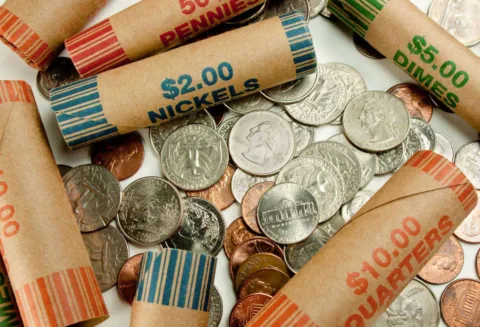
Many times, these types of rolls with unusual coins on the ends are just gimmicks to make you think you’re buying some type of gold mine roll that may be full of rarities or other valuable coins!
Also, think twice before buying something like “an unsearched roll of Lincoln wheat pennies.” I mean, how can the roll be unsearched if the seller knows that they’re all wheat pennies?
Again… it’s a marketing gimmick!
These types of gimmicks are designed to entice you to bid higher — and they’re usually aimed at beginners who are just getting started collecting and buying coins.
So before you spend big bucks with the hopes of striking it rich with these supposedly unsearched coin rolls, consider the following:
- It’s possible to buy a coin roll crimping machine and supplies for just couple hundred dollars — which means anyone can make a crimped roll of coins – not just a bank!
- How do you know a roll of coins is really unsearched? You don’t. Shotgun rolls and unsearched rolls offer no guarantees.
Remember…
“Unsearched rolls” is simply a marketing term with the hopes of leading the buyer to believe nobody has looked through any of the coins in the roll.
The only unsearched rolls out there in this day and age are the ones that a non-collecting family member might have rolled up years ago and forgotten about.
You could get lucky and find some truly unsearched rolls for sale at an estate sale — but that’s about the only way.
You can pretty much count on any coin rolls advertised as “unsearched” to have already been prefiltered (at some point or another) by someone who knew which rare and valuable coins to look for.
More Advice Before Buying Rolls For Coin Roll Searching
- How To Buy Legit Unsearched Coin Rolls
- 5 Magic Words To Tell A Bank Teller If You Want To Walk Away With Silver Coins
- Tips For Buying Junk Silver Coins On A Budget
Have you ever bought coin rolls for the purpose of doing your own coin roll searching? Let us know in the comments below.
I’m happy to answer any questions you might have!
I’m the Coin Editor here at TheFunTimesGuide. My love for coins began when I was 11 years old. I primarily collect and study U.S. coins produced during the 20th century.
I’m a member of the American Numismatic Association (ANA) and the Numismatic Literary Guild (NLG) and have won multiple awards from the NLG for my work as a coin journalist. I’m also the editor at the Florida United Numismatists Club (FUN Topics magazine), and author of Images of America: The United States Mint in Philadelphia (a book that explores the colorful history of the Philadelphia Mint). I’ve contributed hundreds of articles for various coin publications including COINage, The Numismatist, Numismatic News, Coin Dealer Newsletter, Coin Values, and CoinWeek.
I’ve authored nearly 1,000 articles here at The Fun Times Guide to Coins (many of them with over 50K shares), and I welcome your coin questions in the comments below!


